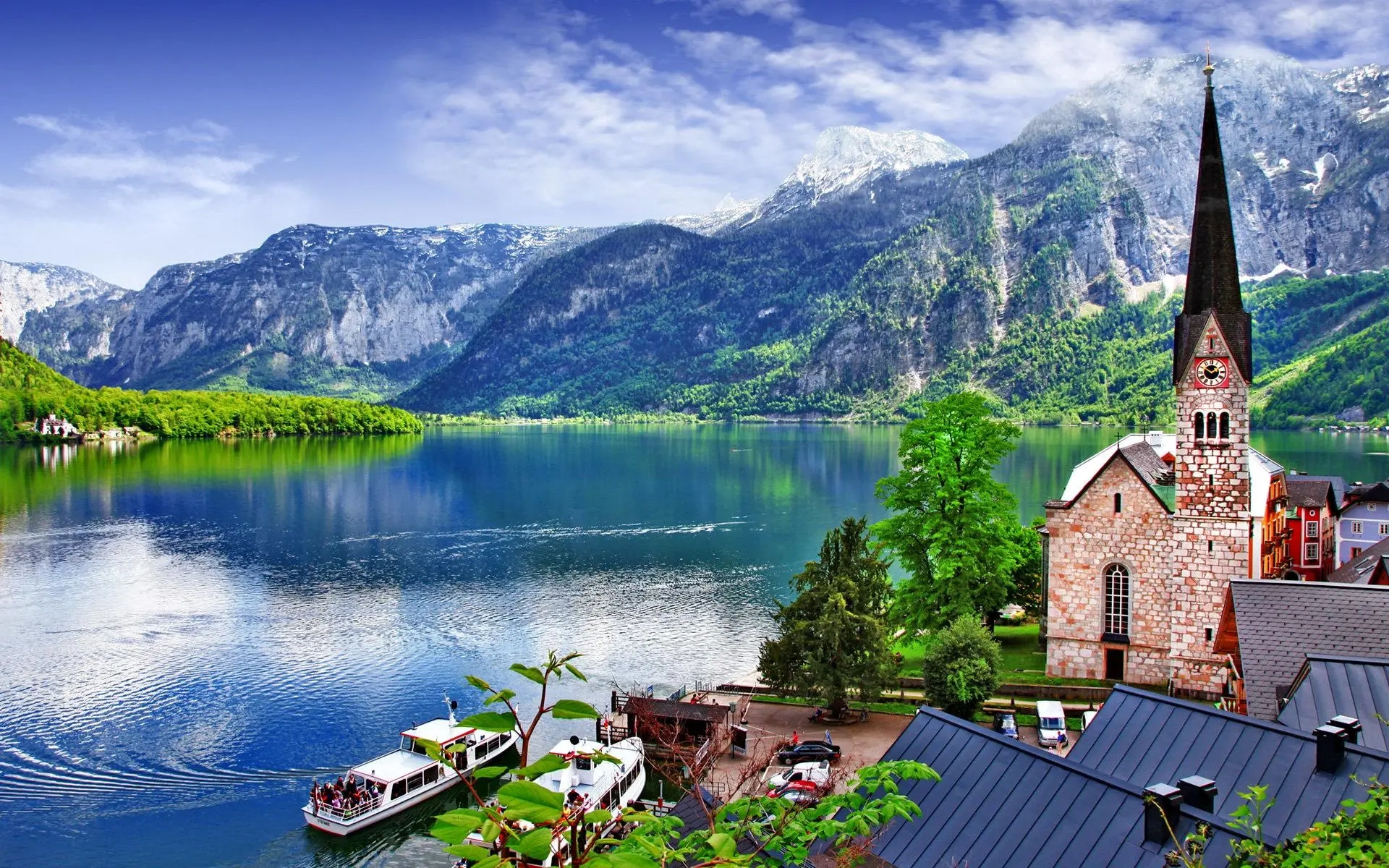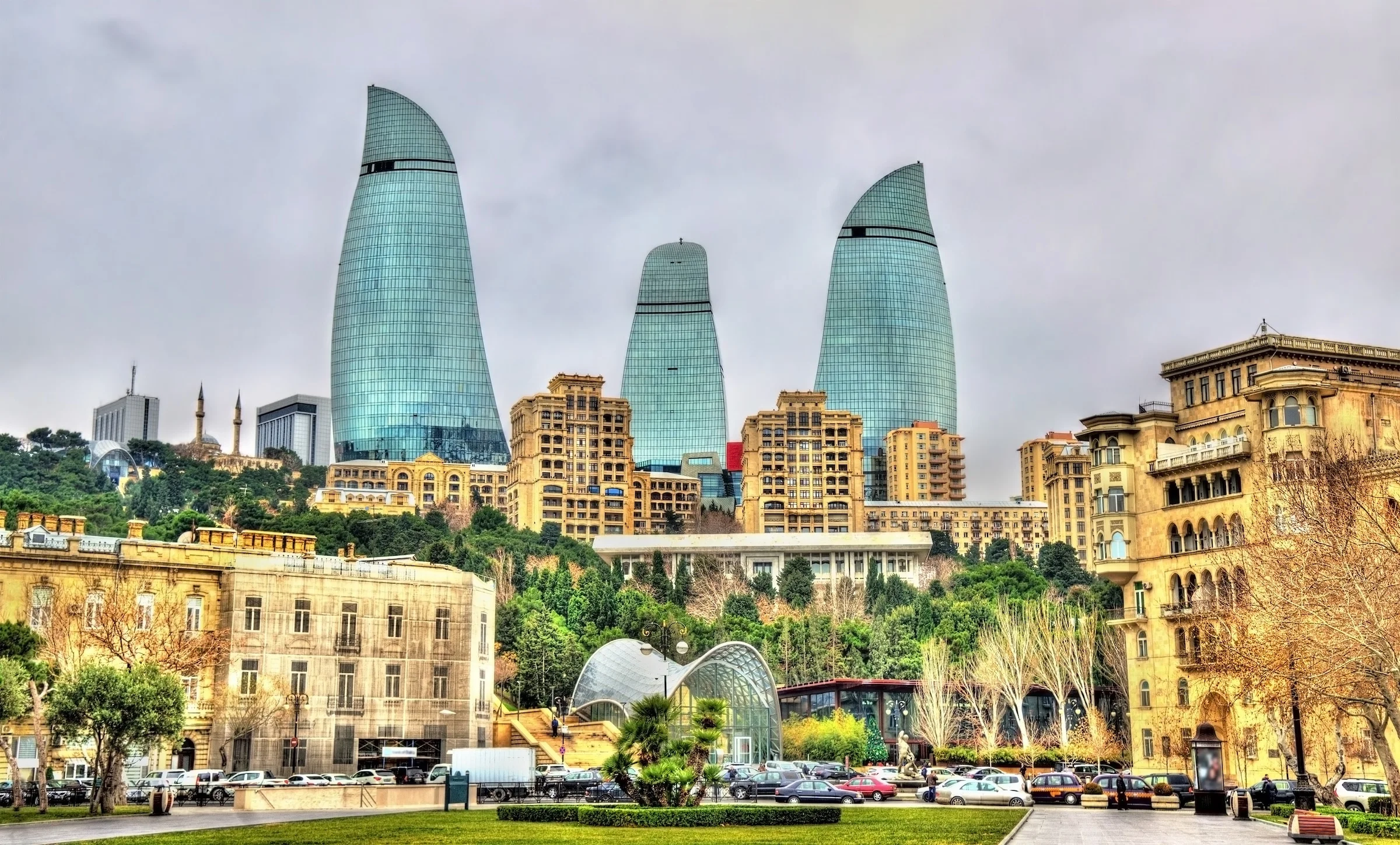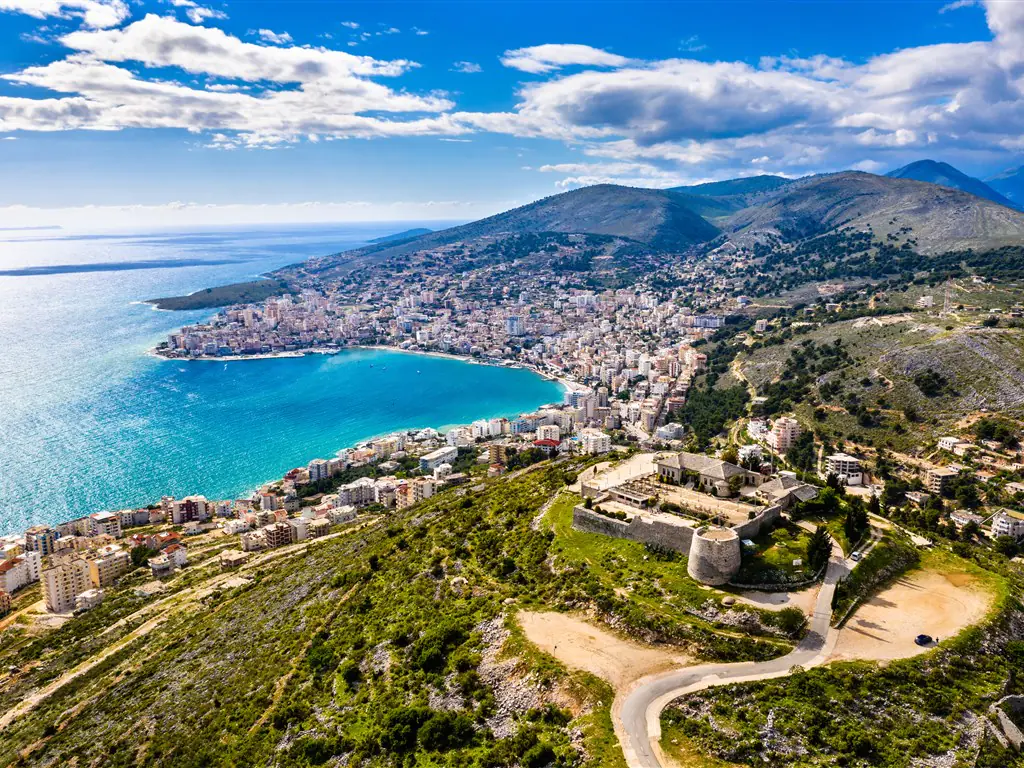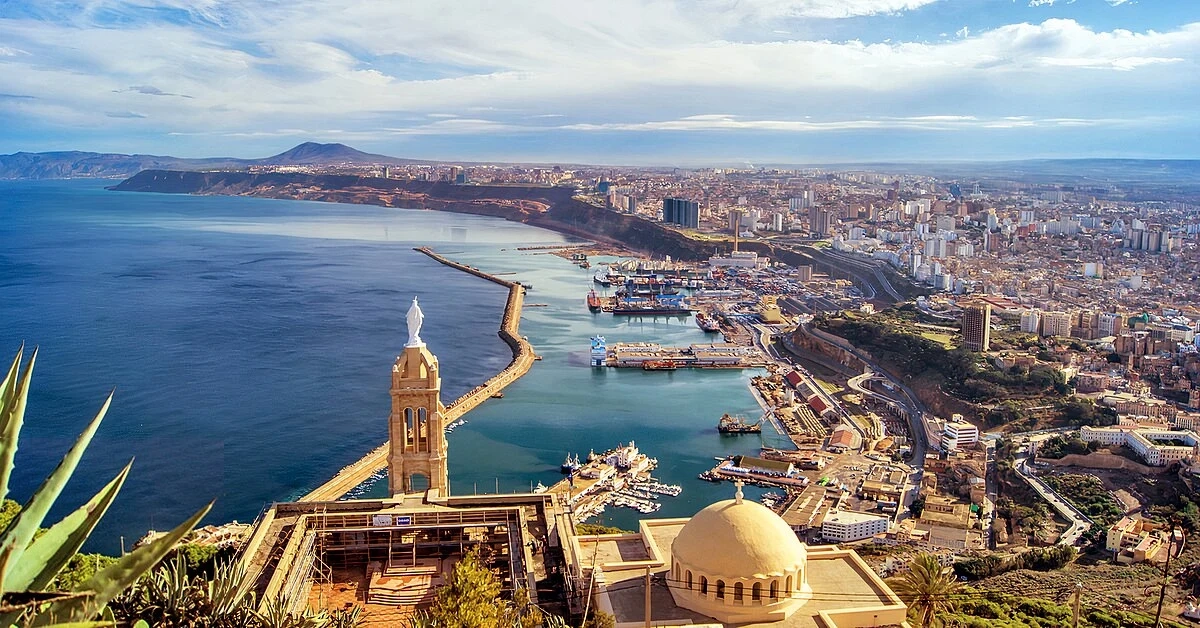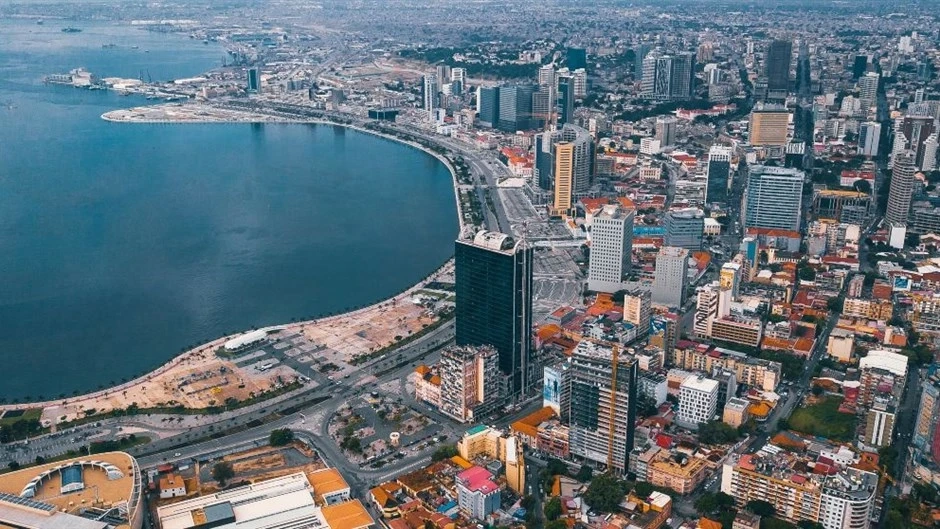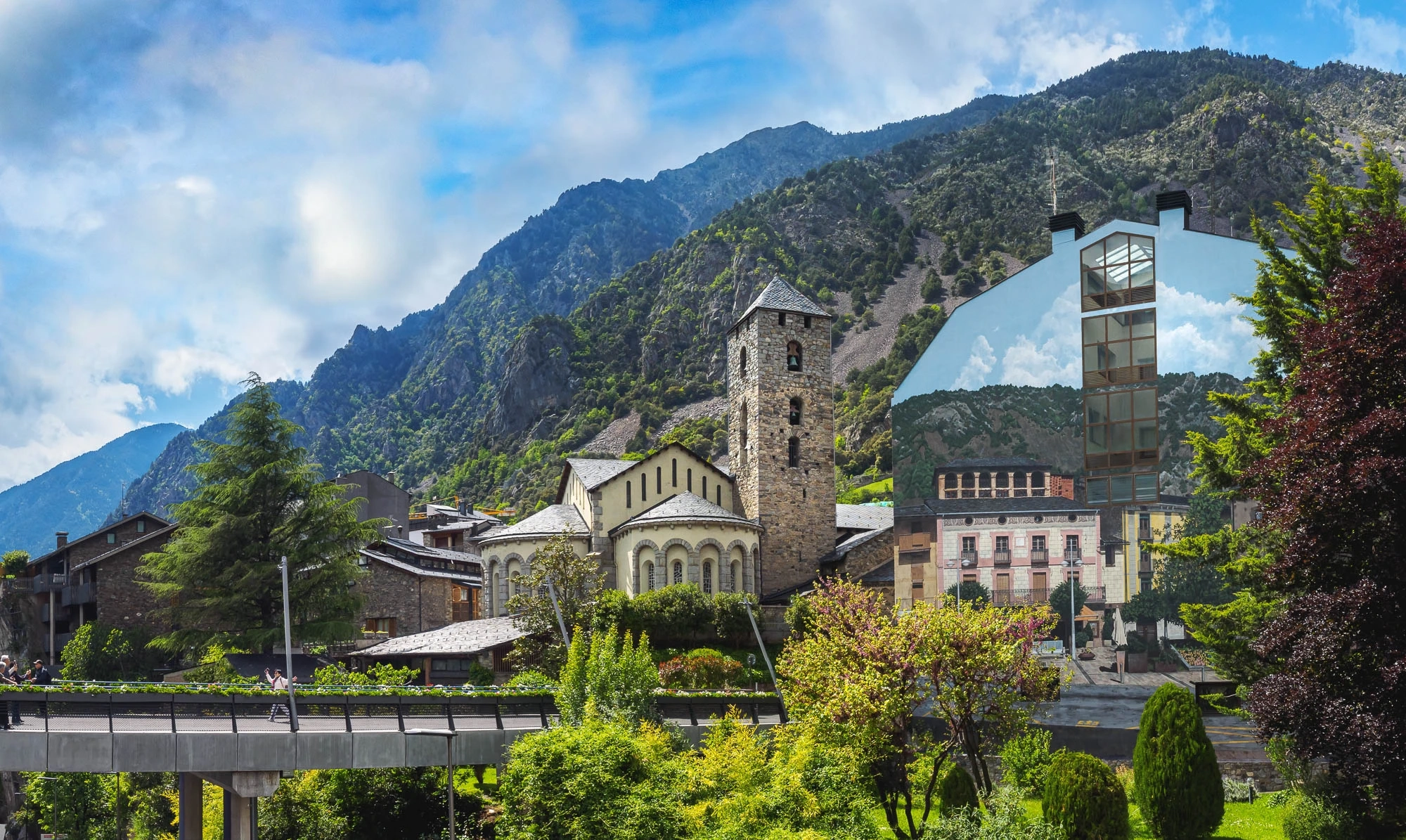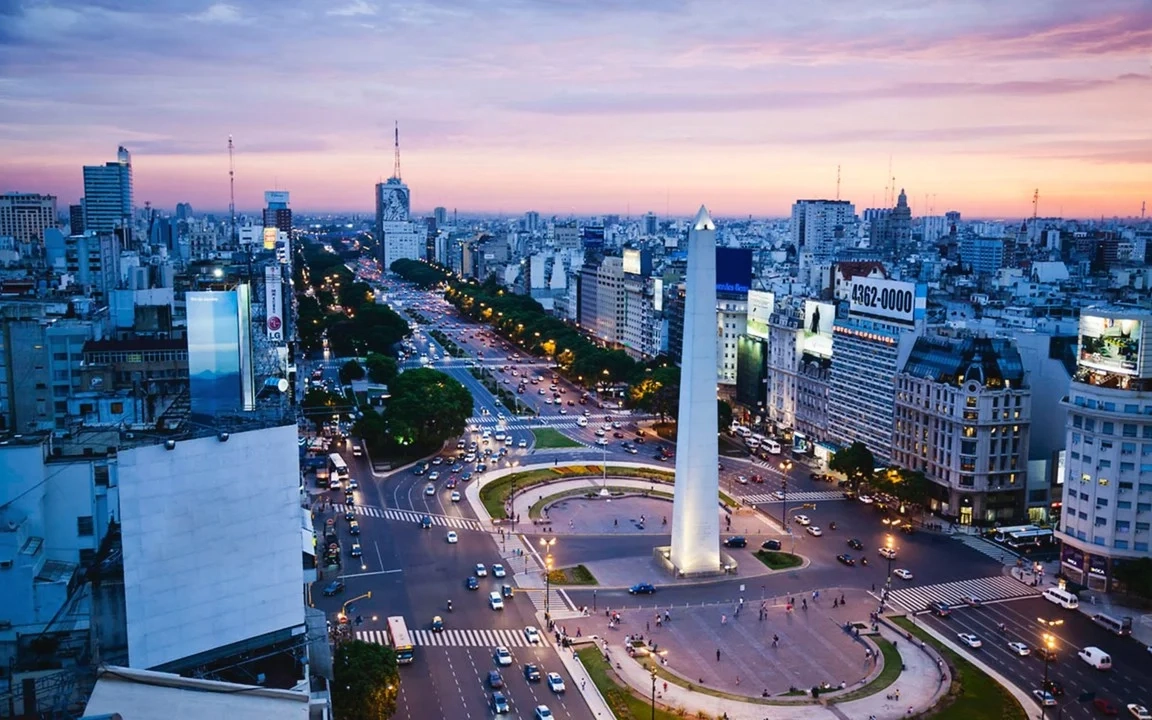1. Cost of Living: Vietnam is known for its relatively affordable cost of living. Rent, food, and daily expenses are generally lower compared to many Western countries.
2. Healthcare: Vietnam has a mix of public and private healthcare facilities. The quality of healthcare can vary, with major cities having better medical services. Health insurance is advisable for expatriates to cover medical expenses.
3. Transport: Public transportation, including buses and trains, is widely available and cost-effective.
4. Food: Vietnamese cuisine is diverse and affordable. Street food is widely available and offers a variety of delicious options. Cooking at home using local ingredients can be cost-effective.
The average cost of living in Vietnam can vary depending on factors such as the city or region, lifestyle, and individual spending habits. Here's a rough estimate:
Average Monthly Cost of Living in Vietnam:
• Basic living expenses (rent, utilities, groceries, etc.): Approximately 15,000,000 to 20,000,000 VND
• Rent for a one-bedroom apartment in the city center: 8,000,000 to 12,000,000 VND
• Meal at a local restaurant: 50,000 to 150,000 VND
• Monthly transportation costs: 500,000 to 1,000,000 VND
• Internet and utilities: 300,000 to 500,000 VND
Pros:
• Cost of Living: Vietnam is known for its relatively low cost of living, making it an attractive destination for expatriates.
• Cultural Richness: A rich cultural heritage with vibrant traditions, festivals, and a diverse culinary scene.
• Scenic Beauty: Beautiful landscapes, from the bustling cities like Hanoi and Ho Chi Minh City to picturesque beaches, mountains, and rice terraces.
• Warm Climate: Vietnam generally has a tropical climate, providing warm weather for most of the year.
• Friendly Locals: Vietnamese people are often welcoming and friendly toward foreigners, contributing to a positive social atmosphere.
Cons:
• Language Barrier: Vietnamese can be challenging for expatriates to learn, and not everyone speaks English, particularly in rural areas.
• Traffic and Pollution: Major cities like Hanoi and Ho Chi Minh City can experience heavy traffic and pollution.
• Bureaucracy: Dealing with bureaucratic processes and paperwork can be time-consuming and challenging for expats.
• Healthcare Standards: While healthcare is available, the quality may vary, and some expatriates prefer international clinics for certain medical services.
• Cultural Adjustment: Adapting to cultural differences, especially in communication styles and social norms, may take time.
1. Ho Chi Minh City (Saigon): Vibrant nightlife, diverse culinary scene, job opportunities, cultural attractions, and a mix of modern and historical elements.
2. Hanoi: Rich history, cultural landmarks, traditional architecture, proximity to nature, and a more relaxed pace of life compared to Ho Chi Minh City.
3. Da Nang: Beautiful beaches, a growing expat community, a more moderate climate, and a balance between urban amenities and natural landscapes.
4. Hoi An: Charming ancient town, a UNESCO World Heritage site, a laid-back atmosphere, and a focus on tourism and local crafts.
5. Nha Trang: Stunning beaches, a relaxed lifestyle, water activities, and a growing expatriate community.
• Learn Basic Vietnamese Phrases:
While English is widely spoken in major cities, learning some basic Vietnamese phrases can be beneficial. It shows respect for the local culture and may help you in day-to-day interactions.
• Financial Preparation:
Ensure that you have sufficient funds to support yourself during your stay. Some visa types may require proof of financial stability.
• Healthcare and Insurance:
Understand the healthcare system and consider obtaining health insurance that covers your needs. Familiarize yourself with local medical facilities and services.
• Respect Local Customs and Laws:
Familiarize yourself with Vietnamese customs and laws to ensure you abide by local regulations. Respect for the culture and adherence to local norms will contribute to a smoother integration.
• Cultural Sensitivity:
Be culturally sensitive and open-minded. Understanding and respecting the local culture will help you integrate into the community more smoothly.







